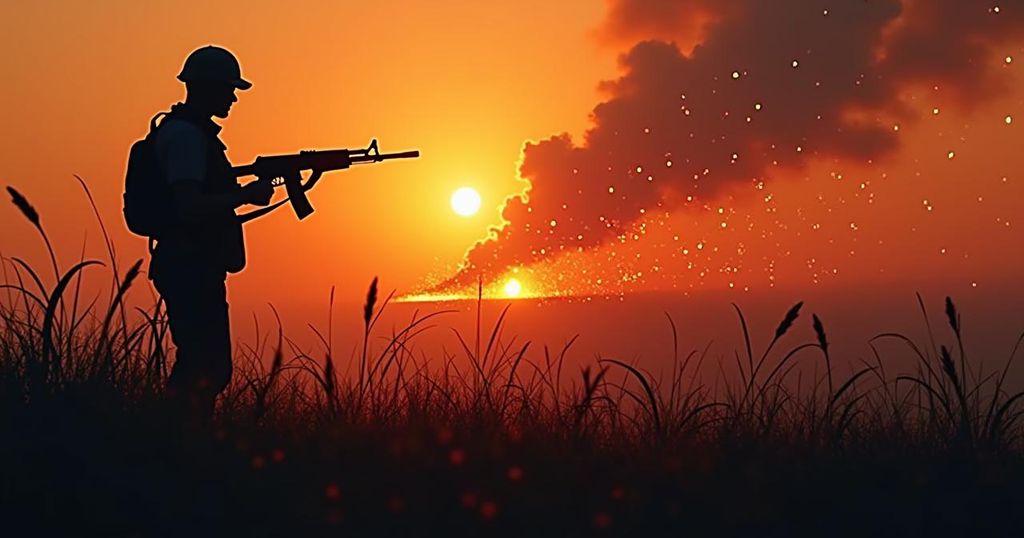Russian Disinformation in Africa: The Russosphère Influence Campaign

A disinformation network called Russosphère is disseminating anti-Western and pro-Kremlin sentiments in Africa, effectively undermining French influence and glorifying Russian efforts, particularly through the Wagner Group. Established shortly before the invasion of Ukraine, the network has attracted significant followership and amplified pro-Russian sentiments amidst growing public discontent with Western involvement, particularly in former colonial territories. Luc Michel has emerged as a key figure in promoting this narrative, which resonates with local grievances and sentiments against France, consequently impacting diplomatic relations and public opinion in several African nations.
Russia is leveraging disinformation campaigns in Africa through a network known as Russosphère, which promotes anti-Western and pro-Kremlin narratives. This initiative has been particularly effective in undermining French influence in its former colonies, accusing France of present-day colonialism and glorifying the actions of Russian state figures and mercenaries, such as the Wagner Group. Established in early 2022, just before the invasion of Ukraine, Russosphère has attracted over 80,000 followers through various social media platforms, including Facebook and YouTube. The network’s impact is evident in evolving sentiments towards Russia across Africa, contributing to skepticism of Western involvement and diminishing support for Ukraine. Experts believe that such operations are fueled by local grievances against Western powers, particularly France. This situation is largely attributed to Luc Michel, a 65-year-old Belgian politician, who has crafted narratives that resonate with specific African socio-political contexts, promoting an anti-American and pro-Russian agenda. The ramifications of these disinformation efforts have manifested in fervent public support for Russia, evidenced by protests and anti-French sentiment in countries like Burkina Faso and Mali, where Russian flags have appeared in significant public demonstrations. These developments pose considerable challenges for Western diplomatic and military engagements in the region, which are reacting to the shifts in public perception driven by these campaigns.
The phenomenon of disinformation campaigns targeting Africa is particularly prominent in light of Russia’s geopolitical aspirations to increase its influence across the continent. Various social media platforms serve as a conduit for this message, which is strategically crafted to exploit historical grievances against former colonial powers and build a narrative supportive of Russian positions. The Russosphère network exemplifies this approach, mobilizing social media to galvanize public opinion and diminish the presence of Western forces, particularly French military support that has historically been stationed in the region. This growing influence raises concerns about the implications for international relations in Africa and how these disinformation tactics might reshape alliances and global standing. The disinformation efforts reveal a sophisticated understanding of regional dynamics and regional influencers, indicating that Russia is not merely projecting power through traditional military means but is also engaging in a multifaceted information warfare strategy that affects perceptions and narratives on the ground.
In conclusion, the emergence of Russosphère underscores a significant shift in the disinformation landscape within Africa, driven by targeted messaging appealing to historical sentiments and geopolitical grievances. This initiative not only reflects Russia’s intentions to supplant French influence in the region but also highlights the effectiveness of social media as a tool for political maneuvering in a contemporary context. The ramifications of such campaigns are likely to hinder Western diplomatic and military efforts, necessitating a reevaluation of strategies to counter these narratives and engage with African nations more effectively. As Russia gains ground through these operations, the West must acknowledge the complexities of information warfare and its impact on global relations.
Original Source: www.bbc.com







